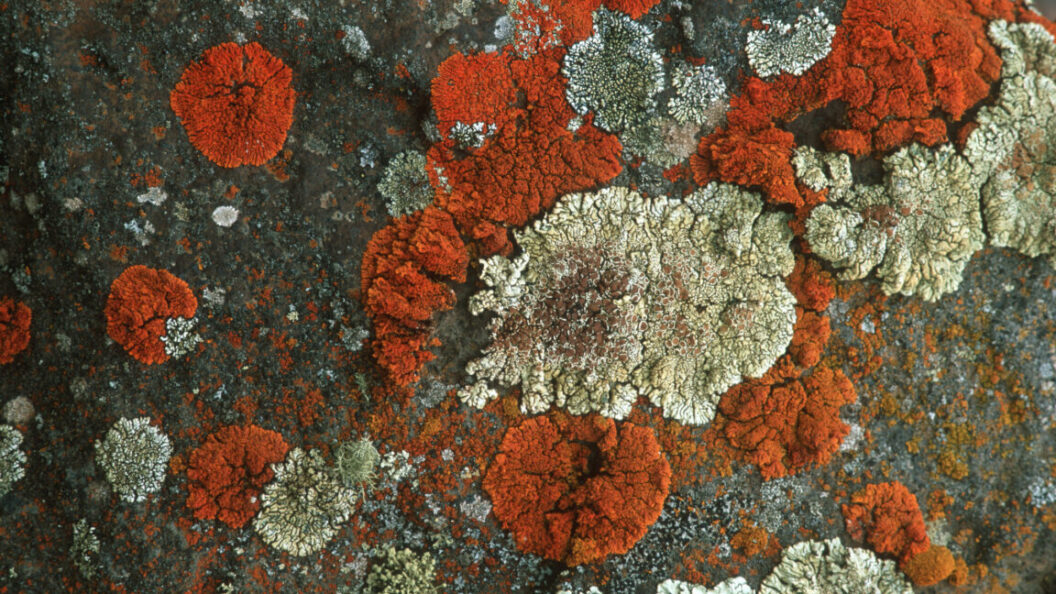Exploring the Survival of Lichens on Mars: A New Scientific Study
Recent research has reignited interest in the potential for life beyond Earth, specifically focusing on the resilience of lichens in environments reminiscent of Mars. A team led by botanist Kaja Skubała from the Space Research Center of the Polish Academy of Sciences has conducted groundbreaking experiments to determine if certain lichen species could survive the harsh conditions present on the Red Planet.
Lichens: The Survivors of Extreme Environments
Lichens, unique organisms formed from a symbiotic relationship between fungi and photosynthetic partners like algae or cyanobacteria, display remarkable resilience. Comprising approximately 90% fungal mass, these dual organisms have evolved to withstand some of the harshest environments on Earth, leading researchers to speculate about their potential adaptability to Martian conditions.
The researchers selected the lichen species Diploschistes muscorum and Cetrarea aculeata for their study, as these organisms thrive in extreme conditions on Earth. They were subjected to simulated Martian environmental parameters, including radiation levels and atmospheric conditions, to assess their viability.
Groundbreaking Findings on Martian Survival
The study, published in the journal IMA Fungus, claims to be the first to demonstrate that the metabolic processes of the fungal component of these lichens remained active even in a simulated Mars-like environment. The researchers noted, “Our study is the first to demonstrate that the metabolism of the fungal partner in lichen symbiosis was active while being in a Mars-like environment.” This finding suggests that lichens possess the potential for survival under Martian conditions.
Additionally, the researchers addressed the concerns regarding high ionizing radiation levels on Mars, which are typically a barrier to most forms of life. They concluded that the types of X-rays associated with solar flares and solar energetic particles (SEPs) that reach Mars would likely not impair the habitability of lichens. This revelation challenges existing assumptions about the limits of life in extreme planetary environments.
Adaptations for Survival in Harsh Conditions
Lichens thrive in part due to several genetic and physiological adaptations that enable them to endure extreme stressors. They exhibit low metabolic rates and show an uncanny ability to withstand deprivation of water and nutrients, similar to tardigrades, which can enter a dormant state when conditions become unfavorable.
Further adaptations include the production of metabolites that filter out harmful ultraviolet (UV) radiation, as well as the presence of melanin pigments that provide additional protection against radiation exposure. These features highlight the lichen’s extraordinary capacity to withstand not only terrestrial extremes but potentially also extraterrestrial environments.
Implications for the Search for Extraterrestrial Life
The findings from this study hold significant implications for the ongoing quest to discover life beyond Earth. The ability of lichens to survive in conditions simulating Mars could suggest that life might exist, or once existed, on the planet. This research could serve as a model for future studies into other extremophilic organisms that may inhabit similar environments elsewhere in the solar system.
However, the study also underscores the need for further research to understand fully the implications of life’s ability to exist in such extreme conditions. While the findings are promising, they do not confirm the presence of life on Mars; rather, they open new avenues for exploration.
Conclusion: Expanding Horizons for Life in Space
In conclusion, the investigation into the survival of lichens under Martian conditions offers a fascinating glimpse into the possibility of life beyond Earth. While the harsh realities of Martian environments pose significant challenges, this study illustrates how certain organisms may adapt and survive despite extreme adversity.
As researchers continue to unveil the complexities of life on other planets, the role of extremophiles like lichens will remain a pivotal focus. Understanding their survival mechanisms not only enriches our knowledge of biology on Earth but also provides valuable insights as humanity prepares to explore the cosmos and search for life among the stars.









